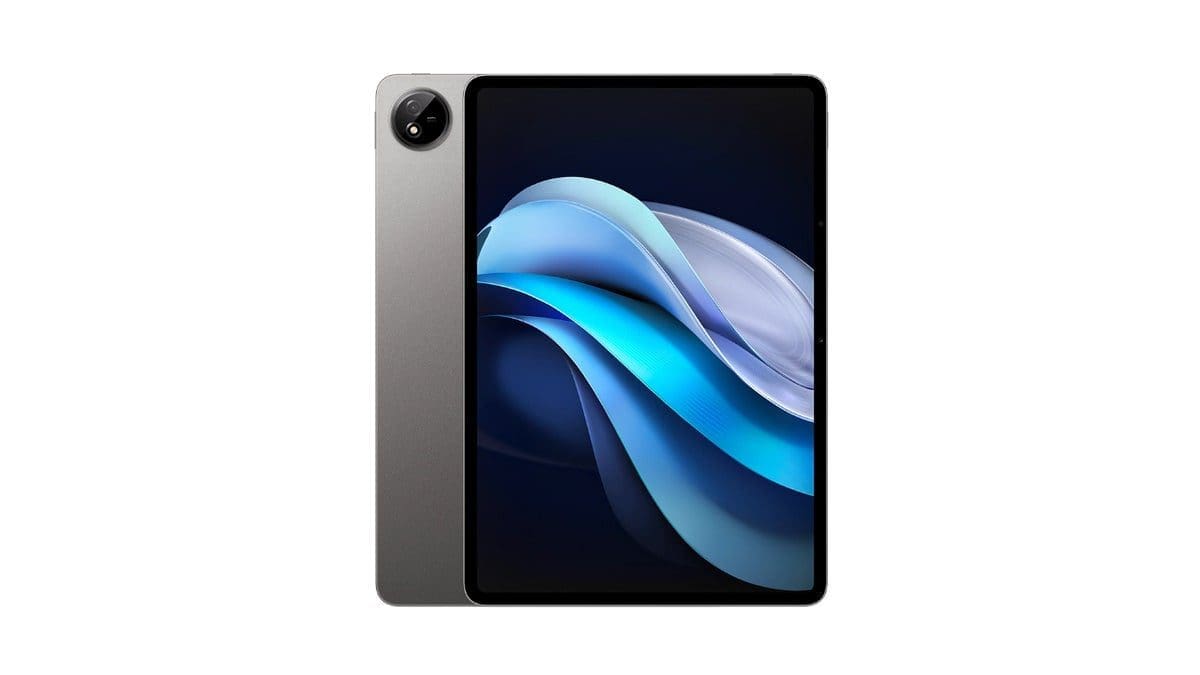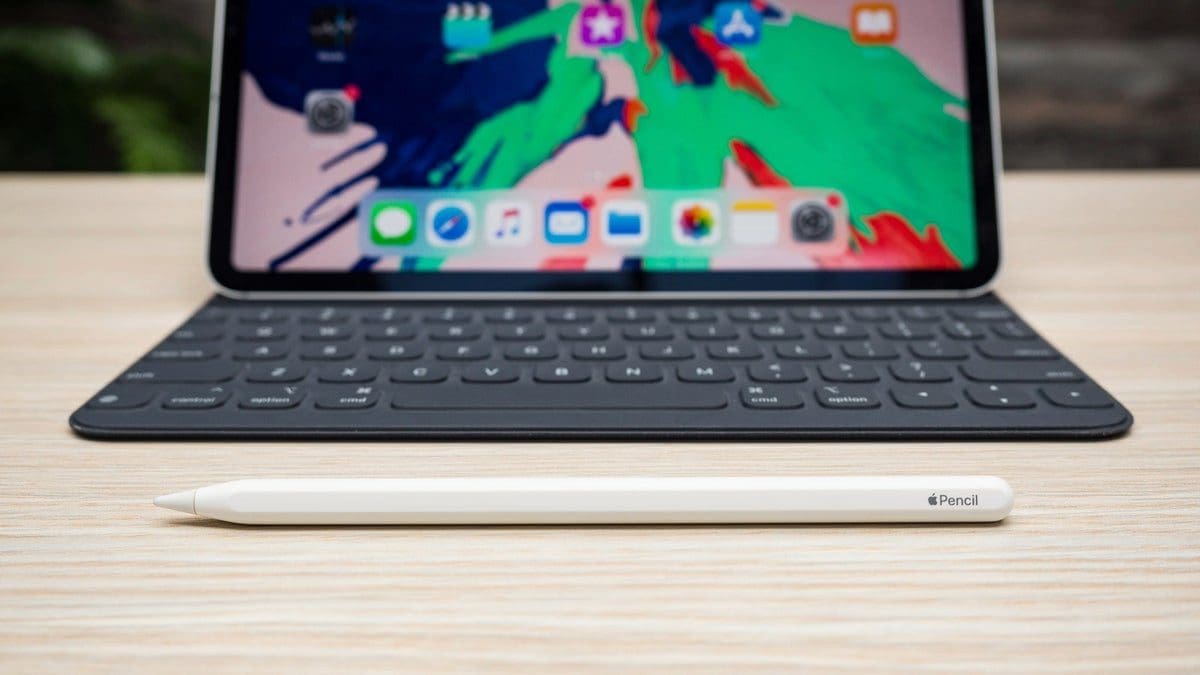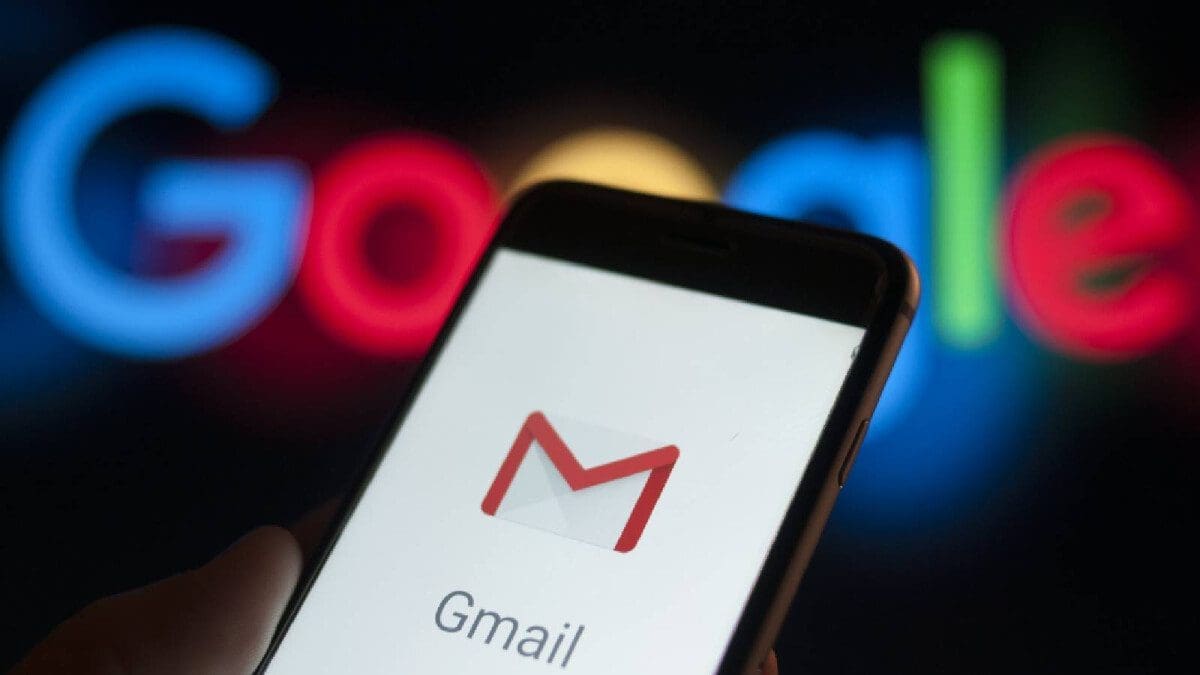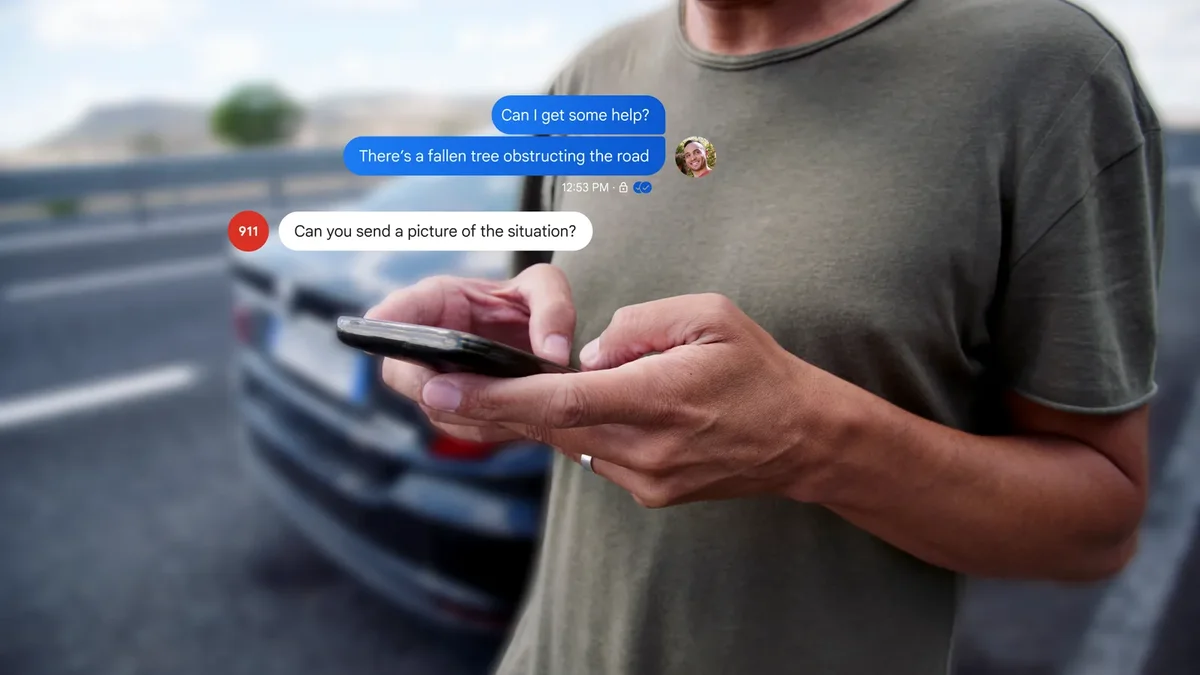You might recall that last year Google started a campaign to pressure Apple into supporting Rich Communication Services (RCS) which is a messaging platform for Android that includes many of the same features that iMessage delivers to iPhone users such as longer messages, high-quality photos and videos, read receipts, typing indicator, end-to-end encryption, and more. Like iMessage, once a non-RCS user joins a group chat, all of these features go away.
Google has pointed out that iPhone users are getting stuck viewing low-quality photos and videos from Android users and that this will change immediately once Apple agrees to support RCS on iMessage. Additionally, should Apple agree to support RCS, all of the great features that we listed above would still work whenever an RCS user messages an iPhone user on iMessage.
Apple believes that iMessage remains a huge selling point for iPhone buyers
The reason why Apple has turned a deaf ear toward Google’s requests so far is that the Cupertino-based tech giant believes that iMessage remains a huge selling point for the iPhone and adding RCS support might reduce the appeal of Apple’s messaging app reducing iPhone sales. So it’s clear that the only way Apple will support RCS is if it is forced to by regulators. This almost happened earlier this year when the EU’s Digital Markets Act (DMA) could have forced Apple to support RCS in its 27 member countries.
For this to have taken place, the EU would have had to designate iMessage as a “gatekeeper” which means that it would have to have 45 million monthly users in the EU, which it did not. As a result, Apple, at least for now, does not have to add RCS support to iMessage in the EU. “Gatekeeper” designations were given to Apple’s App Store, Safari browser, and iOS. Google Maps, Google Play, Google Shopping, Chrome, Android, YouTube, Google Search, and Google Ads were among the services owned by Google that were given the “gatekeeper” title by the EU.
The EU said that in February it will make its final decision about whether iMessage should be considered a “gatekeeper” and forced to support RCS. Meanwhile, Google is trying to persuade the EU to list iMessage as a “core platform service” under the DMA.
A letter read by The Financial Times and signed by an unnamed Google senior vice president along with the CEOs of Vodafone, Deutsche Telekom, Telefónica, and Orange, reportedly states, “Through iMessage, business users are only able to send enriched messages to iOS users and must rely on traditional SMS for all the other end users.” Because iMessage is an gateway between businesses and customers, this is “without doubt justification for Apple’s designation as gatekeeper for its iMessage service.” The letter was sent to internal market commissioner Thierry Breton.
Google says that iMessage meets the requirements to be a core platform service since it operated by a company with annual revenues of over €7.5 billion, and at least 10,000 monthly active business users in the EU. And that could allow the EU to point to the DMA and force Apple to support RCS.
Apple guided The Financial Times toward a comment it made that reads, “Consumers today have access to a wide variety of messaging apps, and often use many at once, which reflects how easy it is to switch between them.” Apple also said, “iMessage is designed and marketed for personal consumer communications, and we look forward to explaining to the commission why iMessage is outside the scope of the DMA.”
If Google does get its way, Apple could limit the breadth of the EU’s ruling by limiting RCS support in iMessage to the 27 EU member countries.










